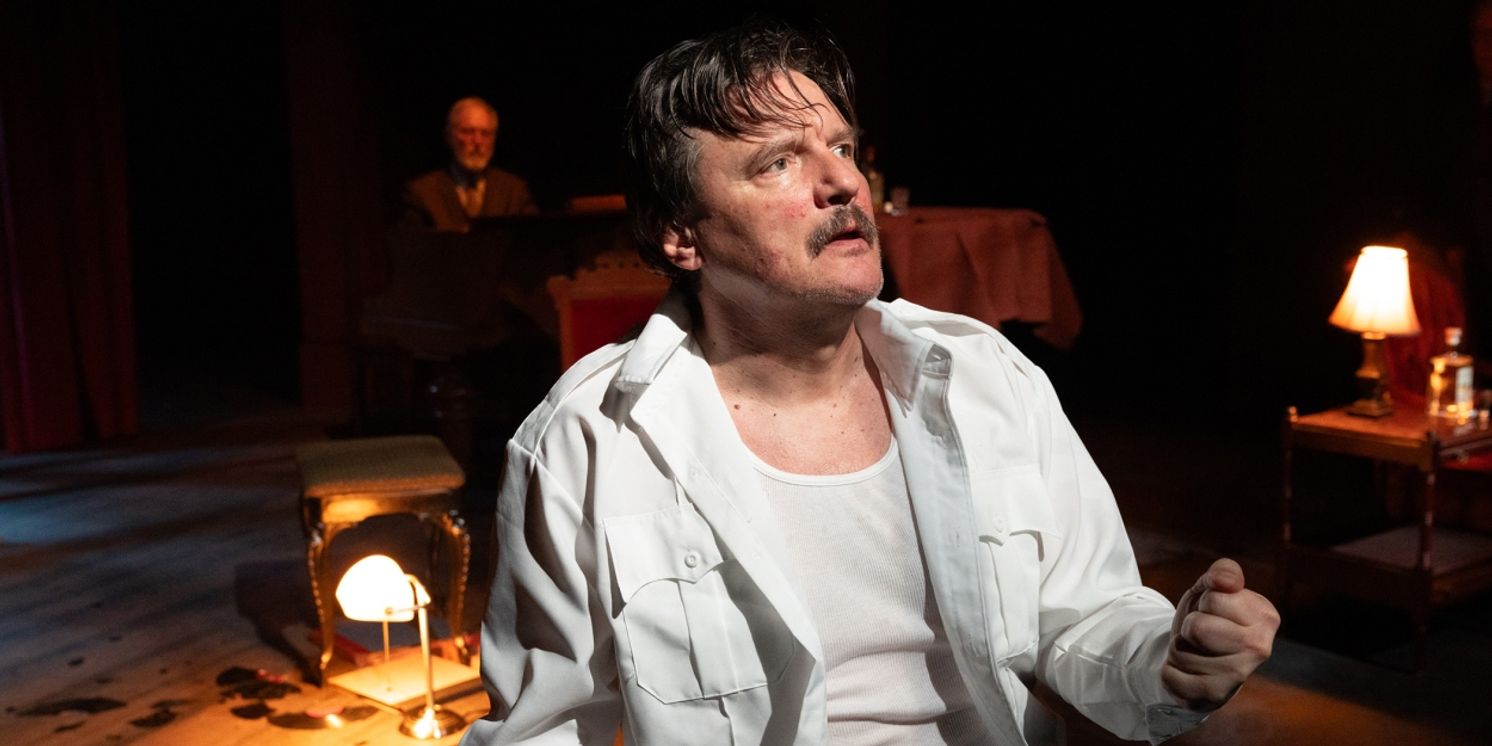Interview: Ron Sossi of STALIN'S MASTER CLASS at Odyssey Theatre Ensemble
The director chats about diving into the psychology of 'evil'

When director Ron Sossi elected to present Stalin’s Master Class at Odyssey Theatre Ensemble for the second time, he was aware that audiences might respond differently to the production than they did to the previous staging 37 years ago. “It was a big hit last time, but we are presenting it as a new piece of work with new actors and new sensibilities. It is easier today for audiences to draw relationships between Stalin and the strongman figures they see in the news everyday,” Sossi hazards. “From Putin, to Netanyahu, to Trump. I don’t remember them existing as obviously as they do now when we did this play before.”
A fascination with the machinations of a mind regarded as evil originally drew Sossi to the work. “It is complicated to understand the nature of evil,” he surmises, reflecting on the centrality of a loathsome historical figure within the piece, “but Shakespeare did it with Richard III. I am fascinated by villains. What do they say to themselves when they wake up in the morning? How do they rationalize what they do?” Sossi feels in Stalin’s Master Class, playwright David Pownall has made an attempt to show an unseen side of Stalin and rationalize some of his actions.
The longtime director wholeheartedly believes it is important for artists to dig deeply into the thoughts that make despots tick. He posits, when approaching these reviled figures, “the narrative form is different from a discussion group of commentators on the news. (It) allows us to dig into the psychology of these characters. A piece of theatre can expand beyond a documentary or think piece.” While affirming Bertolt Brecht’s eventual belief that theatre is incapable of causing immediate shifts in public behavior, he still believes a gradual change can happen when people choose to engage with difficult political ideologies through theatrical narratives.
The production— which has been described to Sossi as “Who’s Afraid of Virginia Woolf? for musicians”— requires the actors playing Prokofiev and Shostakovich to play snippets of the composers’ works. Randy Lowell, a trained classical pianist in addition to actor, returns to the role of Shostakovich which he performed in the 1987 production. Sossi slyly wonders if, upon hearing the cacophonous compositions included in the play, some audience members may side with the fictionalized version of Stalin, desiring the pianists to play a more tranquil, familiar sound. It will be interesting to see what else audiences find agreeable in this humanized Stalin.
Videos

